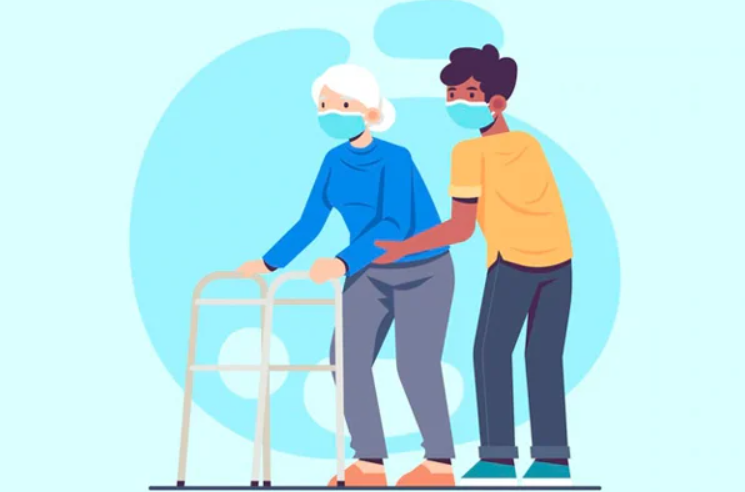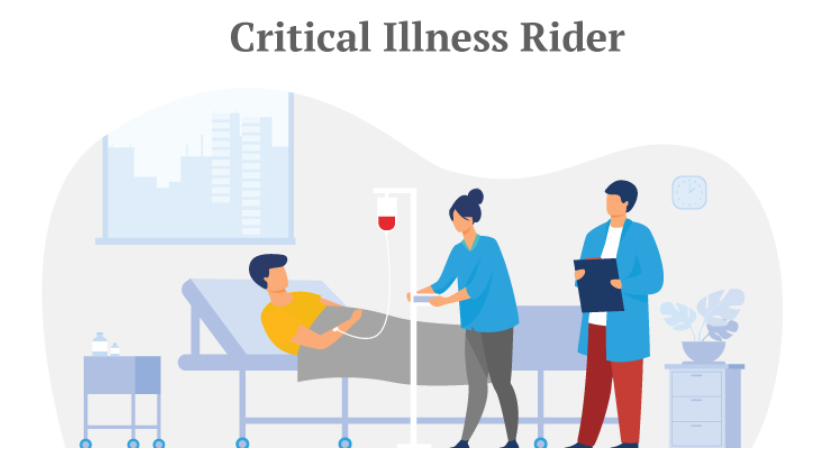In light of the ongoing coronavirus pandemic, certain groups, particularly seniors, must adopt stringent precautions due to their heightened risk. While young adults may experience milder symptoms, the fatality rate significantly increases with age, making it crucial for older individuals to adopt rigorous safety measures.
Understanding Coronavirus and Its Impact on Seniors
What is Coronavirus?
Coronavirus, or COVID-19, is a respiratory illness that first appeared in Wuhan, China in late 2019. It spreads primarily through respiratory droplets when an infected person coughs or sneezes. It’s also possible to contract the virus by touching surfaces contaminated by these droplets and then touching the face.
Why are Seniors at Higher Risk?
Seniors are particularly vulnerable to severe cases of COVID-19 due to weaker immune systems and the higher likelihood of existing health conditions, such as cardiovascular or pulmonary diseases, which can exacerbate the virus’s effects.
Key Prevention Tips for Elderly Individuals
Minimize Exposure to Public Spaces
Social distancing remains crucial. Seniors should avoid public places and large gatherings to minimize the risk of coming into contact with infected individuals. Essential outings, such as grocery shopping, should be limited, and alternatives like home delivery or curbside pickup should be utilized when possible.
Practice Rigorous Hygiene
Frequent and thorough hand washing is essential. Wash hands with soap and water for at least 20 seconds, especially after being in a public place, or after blowing your nose, coughing, or sneezing. If soap and water are not readily available, use a hand sanitizer that contains at least 60% alcohol.
Maintain Safe Social Interactions
When outside or in the presence of others, maintain a distance of at least six feet to avoid close contact. Opt for waving instead of shaking hands or hugging to greet people.
Regularly Disinfect Surfaces
Regularly clean and disinfect frequently touched surfaces daily. This includes doorknobs, light switches, countertops, handles, desks, phones, keyboards, toilets, faucets, and sinks.
Stay Prepared
Ensure you have a good stock of all essential items, including medications, to reduce the frequency of outings. Plan your shopping trips to be as infrequent as possible by buying larger quantities per trip.
Keep Healthy Habits
Engage in light exercise within your home or neighborhood to keep your body active. Follow a balanced diet to support a healthy immune system and try to maintain regular sleep patterns to enhance overall health.
Stay Connected Virtually
Maintain social contacts by phone, emails, or video chats. Staying connected with friends and family can help manage the stress and loneliness associated with long periods of isolation.
Implementing Effective Strategies Against COVID-19
For seniors, understanding and implementing these prevention strategies is crucial for safeguarding their health during the pandemic. It’s important for everyone, regardless of age, to adhere to recommended practices to protect themselves and others, especially the most vulnerable in our communities. Keep abreast of the latest guidance from health officials and stay prepared to adjust practices as new information about the virus emerges. By taking proactive steps, seniors can significantly reduce their risk of contracting coronavirus and ensure their health remains a priority during these challenging times.



